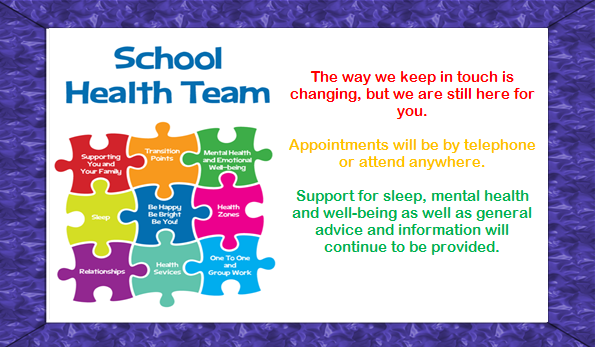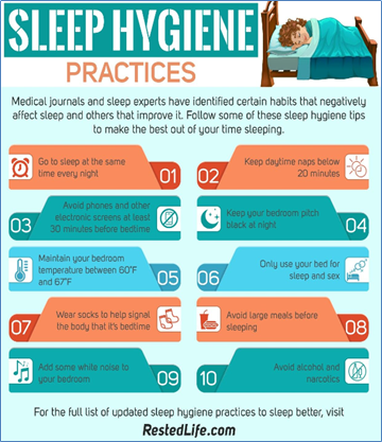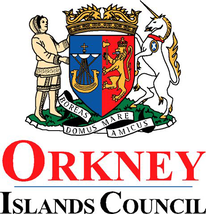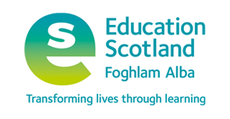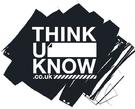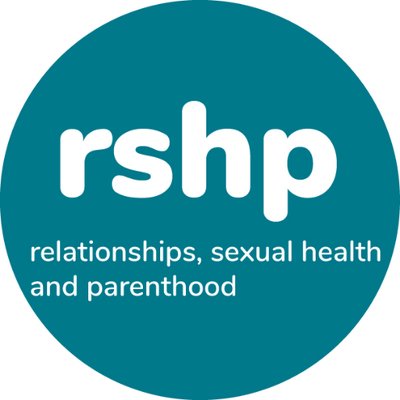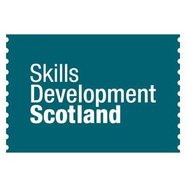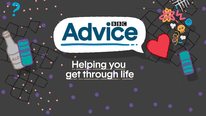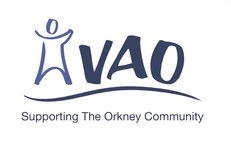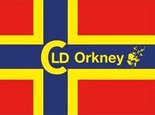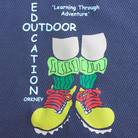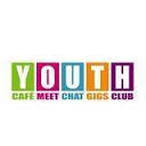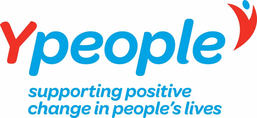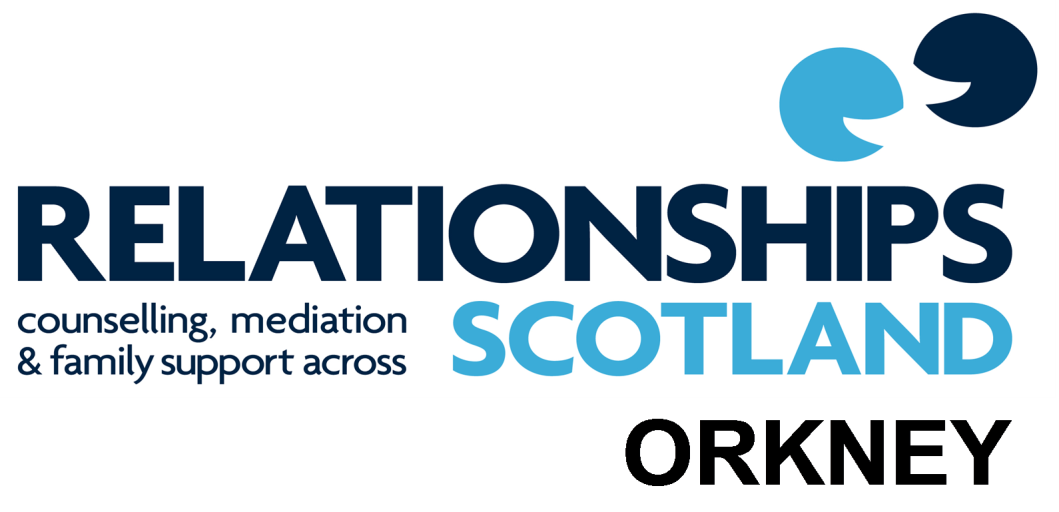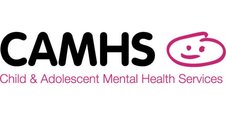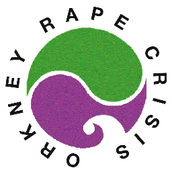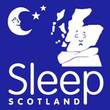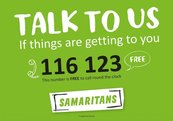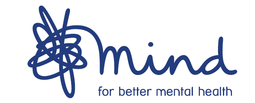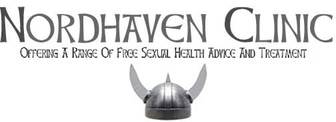SCHOOL CLOSURE INFORMATION
UCAS COVID-19 LATEST UPDATES
British Psychological Society advice for supporting children during School closures
UCAS COVID-19 LATEST UPDATES
British Psychological Society advice for supporting children during School closures
In line with guidance from Scottish Government to reduce the transmission of COVID-19 (coronavirus) and to protect and safeguard patients and staff we are making changes to the ways in which we deliver the school health service.
We are working together to change the way services are delivered by using more telephone appointments and Video Conferencing using 'Near Me' as well as self-help information, advice and guidance:
Contact using generic email [email protected] as we are not in the office to answer the 888262 number.
We are working together to change the way services are delivered by using more telephone appointments and Video Conferencing using 'Near Me' as well as self-help information, advice and guidance:
Contact using generic email [email protected] as we are not in the office to answer the 888262 number.
#OnlineSafetyAtHome
With so much of our learning being done online at present, we thought it would be advantageous to share some information and downloadable content from 'Think U Know'. This downloadable content includes the PowerPoint that relates to the Activity Sheet for Ages 11-13s below.
The link to the 'Think u Know' homepage is available by clicking the logo found in the 'Our Partners and Useful Websites' section below and the link to the Parents page can be found here.
Ages 11-13 Age 14+
The link to the 'Think u Know' homepage is available by clicking the logo found in the 'Our Partners and Useful Websites' section below and the link to the Parents page can be found here.
Ages 11-13 Age 14+
|
| ||||
British Red Cross Coronavirus (COVID-19) Resource
Below is a PowerPoint produced by The British Red Cross. The PowerPoint could be a good conversation starter for families as it defines some key words, visits how to spot potential misinformation and finishes with a poster suggesting strategies to coping with stress during these uncertain times.
| Red Cross Coronavirus PPt |
Emotional Health Support
The following websites are focused on supporting emotional health.
(Please note there are more links regarding Health and Well-being, including local resources, at the bottom of this page)
(Please note there are more links regarding Health and Well-being, including local resources, at the bottom of this page)
Sleep and Mindfulness Relaxation Techniques
Sleep and Wellbeing
During this time you may be finding it more difficult to get to sleep at night due to the increase of stress and information surrounding you. Sleep is really important for your mental well-being and not getting enough can have a knock on effect on not only your mental health but also your physical health. Some useful tips on sleep hygiene can be found in the links below.
During this time you may be finding it more difficult to get to sleep at night due to the increase of stress and information surrounding you. Sleep is really important for your mental well-being and not getting enough can have a knock on effect on not only your mental health but also your physical health. Some useful tips on sleep hygiene can be found in the links below.
Mindfulness and Relaxation Techniques
Mindfulness is a technique that is best described as paying attention to 'in the moment' experiences. By paying attention to how we are feeling and our physical responses, we can get ourselves into a more relaxed, calm state.
There are many techniques that can assist you with getting to this state including the two examples linked below;
Progressive Muscle Relaxation (PMR) - this technique aims to relieve tension in the body. To do this you can tense a group of muscles as you breathe in, and then relax them as you breathe out. You work on muscle groups in a particular order.
Breathing exercises – there are a number of helpful breathing exercises to reduce anxiety and racing thoughts. Practicing breathing techniques can be a great way to reduce the symptoms of anxiety such as racing heart, shallow breathing, and feelings of dizziness. The linked NHS resource outlines a basic breathing exercise however many others are readily available on Google and YouTube such as the two video clips below.
Mindfulness is a technique that is best described as paying attention to 'in the moment' experiences. By paying attention to how we are feeling and our physical responses, we can get ourselves into a more relaxed, calm state.
There are many techniques that can assist you with getting to this state including the two examples linked below;
Progressive Muscle Relaxation (PMR) - this technique aims to relieve tension in the body. To do this you can tense a group of muscles as you breathe in, and then relax them as you breathe out. You work on muscle groups in a particular order.
Breathing exercises – there are a number of helpful breathing exercises to reduce anxiety and racing thoughts. Practicing breathing techniques can be a great way to reduce the symptoms of anxiety such as racing heart, shallow breathing, and feelings of dizziness. The linked NHS resource outlines a basic breathing exercise however many others are readily available on Google and YouTube such as the two video clips below.
|
|
|
Our Partners and Useful Websites
Papdale Halls of Residence (PHoR)
Revision and Study Skills
|
Useful Downloads
|
| ||||||||||||

